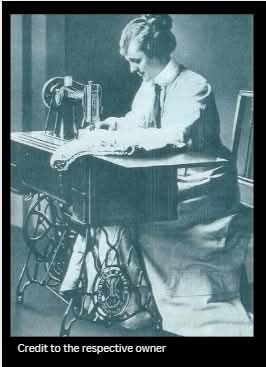The Tailor Who Survived for His Family: Josef Leib Schneider’s Story
On August 28, 1900, in the quiet Polish town of Narol, Josef Leib Schneider was born. The son of a Jewish tailor, he later moved to Antwerp, Belgium, where he married Debora Sandbank. Together, they built a small, happy family, raising two children—Luis and Regina.
When the war broke out, their world was turned upside down. Josef and his family fled to France, but he was captured and imprisoned in Drancy, a transit camp near Paris. From there, on September 4, 1942, he was deported to the horrors of Auschwitz.
As the war went on, Josef was forced to endure the infamous Death March and was later transferred to Buchenwald. Eventually, he was liberated at Theresienstadt.
What gave him the strength to endure when so many others perished?
Josef later said:
“I survived because I kept the image of my wife and my children in my mind. I had to live for them.”
In 1948, Josef, Debora, Luis, and Regina were finally reunited and emigrated to the United States, where Josef worked as a humble tailor in New York City.
He never sought recognition or fame. As his granddaughter Shelley English warmly recalls:
“He was a good man—humble, private, with simple needs. All he wanted was to live in peace with his family and see his grandchildren thrive.”
Josef passed away in 1981, but his legacy continues—not only in the family he fought to save, but as a reminder that even in history’s darkest moments, the love of family can light the way to survival.